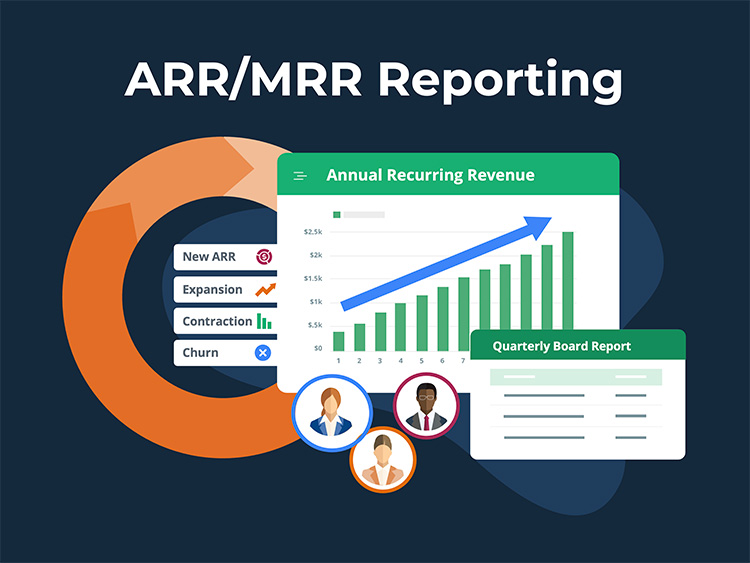Summary
Escalating unpaid SaaS invoices to a debt collection agency should be a last-resort, data-backed decision reserved only for genuinely lost accounts. Before handing a balance to an external firm, finance teams must run a complete internal AR workflow, document every outreach attempt, align with Sales and Customer Success, and issue a formal pre-collections notice. Only inactive, unresponsive customers with no viable path to renewal should ever be escalated. Companies also need to account for the financial impact, timeline delays, and permanent relationship loss associated with third-party collections. When escalation is unavoidable, securely transferring account details and selecting the right agency ensures compliance and maximizes recovery.
1. Exhaust All Internal Accounts Receivable Processes
Before considering an external agency, it is important to complete your entire internal collections workflow. This includes running a full automated dunning cycle of emails and statements, as well as assigning the account to your internal collections team for direct outreach. Third-party escalation should only be an option after every in-house effort has failed to produce a result.
2.Document Every Communication Attempt
Maintain a meticulous record of every interaction and outreach attempt with the delinquent customer. This log, which should include dates and outcomes of emails, calls, and notices, is not just good practice; it’s essential evidence required to justify the escalation and can be critical during any potential audits.
3. Align with Internal Stakeholders
Ensure that key internal departments, such as Sales and Customer Success, are notified and agree with the decision to escalate. These teams must confirm that the customer relationship is unrecoverable and that there are no ongoing renewal or upsell conversations that could be jeopardized by involving a collection agency.
4. Send a Formal Pre-Collections Notice
As a final step before transferring the account, send one last, clear communication to the customer. This email should explicitly state your intention to move their outstanding balance to a third-party collection agency if payment is not received by a specific deadline. This can sometimes prompt a final response from an otherwise unresponsive client.
5. Restrict Escalation to Truly Lost Accounts
The golden rule is to never use a collection agency for an active customer. This action is highly damaging to trust and will almost certainly destroy any chance of a future relationship. Reserve this measure strictly for accounts that are inactive, unresponsive, and have already been internally designated as churned or written off.
6. Understand the Financial and Time Costs
Engaging a collection agency is not free. Most firms charge a significant percentage of the recovered amount, typically between 25% and 50%. Furthermore, the process is not immediate; a successful resolution can take anywhere from 30 to 90 days, delaying your cash flow and requiring you to adjust your general ledger by moving the balance to bad debt.
7. Accept the Impact on the Customer Relationship
Making the decision to send an account to collections is effectively choosing to end that customer relationship permanently. It is a transactional move designed to salvage cash, not to retain a client. Be certain that there is no potential for future business before you burn this bridge.
8. Transfer Account Information Securely
Once the decision is finalized and all internal checks are complete, you must transfer the necessary data to the collection agency. This includes all relevant invoice details, the outstanding balance, and complete contact information. Ensure this transfer is performed through a secure method to protect sensitive customer data.
Pro-Tips
Automate the Trigger, But Mandate a Manual Review
It’s efficient to use your billing system’s AR aging rules to automatically flag accounts that are candidates for collections. However, never allow this process to be fully automated. Always implement a mandatory manual review step to ensure a human confirms the account is truly lost before it’s transferred to an agency.
Select a Specialized Agency for International Accounts
If the delinquent customer is located in another country, do not use a standard domestic agency. Seek out a global collection firm that has specific experience with B2B cross-border collections. They will be better equipped to navigate international laws and data privacy regulations.
Adopt a ‘Salvage, Not Retention’ Mindset
Reframe how your organization views debt collection. It is not a tool for managing difficult customers or encouraging renewals. Treat it purely as a financial instrument for salvaging a portion of lost revenue from accounts that are already considered a total loss. If there is any path to retention, keep the efforts in-house.
Conclusion
Using a debt collection agency in SaaS is not a retention tactic; it is a financial salvage operation for accounts already considered churned. The decision must follow a fully exhausted internal recovery process, cross-functional alignment, and clear documentation. While agencies can recover some lost revenue, the cost, time, and irreversible damage to the relationship mean this step should be reserved for accounts that are truly unrecoverable. A disciplined workflow protects your brand, maintains audit integrity, and keeps collections aligned with good SaaS finance practice.
ARR Reporting Software
from Ordway
Track new, expansion, contraction, renewal, and churn ARR. Segment ARR by product line, geographic region, and legal entity. Report on ARR growth rates.
You May Also Like







